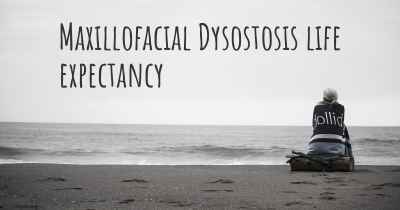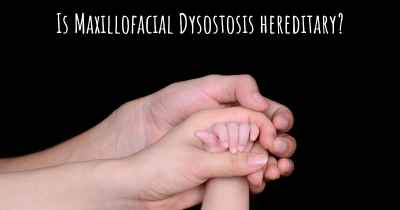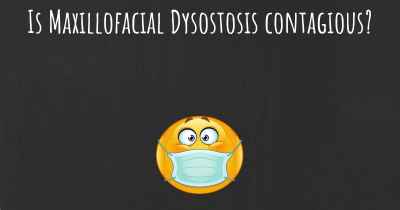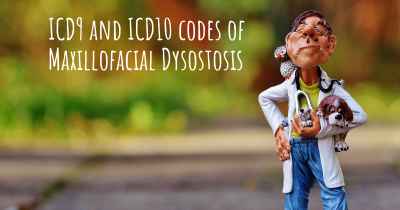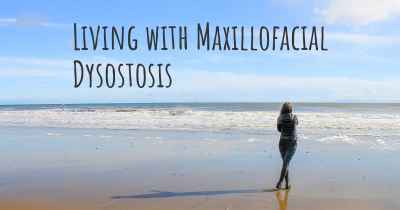How do I know if I have Maxillofacial Dysostosis?
What signs or symptoms may make you suspect you may have Maxillofacial Dysostosis. People who have experience in Maxillofacial Dysostosis offer advice of what things may make you suspicious and which doctor you should go to to receive treatment

Maxillofacial dysostosis, also known as craniofacial dysostosis or Crouzon syndrome, is a rare genetic disorder that affects the development of the skull and facial bones. It is characterized by abnormal growth patterns, resulting in various facial and cranial abnormalities.
Symptoms:
The most common symptoms of maxillofacial dysostosis include:
- Abnormal head shape: The skull may appear misshapen or elongated.
- Facial abnormalities: These can include wide-set eyes, bulging eyes, underdeveloped upper jaw, and a beaked nose.
- Dental issues: Malocclusion (misalignment of teeth) and overcrowding are common.
- Hearing problems: Conductive hearing loss due to abnormal development of the middle ear.
- Respiratory difficulties: Narrow airways may cause breathing problems, especially during sleep.
Diagnosis:
If you suspect you may have maxillofacial dysostosis, it is important to consult with a medical professional, preferably a craniofacial specialist or geneticist. They will conduct a thorough evaluation, which may include:
- Physical examination: The doctor will assess your facial features, head shape, and dental alignment.
- Medical history: They will inquire about any family history of similar conditions.
- Imaging tests: X-rays, CT scans, or MRIs may be performed to visualize the skull and facial bones in detail.
- Genetic testing: A blood sample may be taken to identify specific genetic mutations associated with maxillofacial dysostosis.
Treatment:
While there is no cure for maxillofacial dysostosis, treatment aims to manage the symptoms and improve quality of life. The treatment plan may involve:
- Surgery: Corrective surgeries can address cranial and facial abnormalities, such as reshaping the skull, repositioning the eyes, or correcting dental issues.
- Orthodontic treatment: Braces or other orthodontic devices may be used to align the teeth properly.
- Hearing aids: If hearing loss is present, hearing aids can help improve auditory function.
- Speech therapy: Some individuals with maxillofacial dysostosis may benefit from speech therapy to improve speech and language skills.
If you suspect you have maxillofacial dysostosis, it is crucial to seek medical advice for an accurate diagnosis and appropriate management. Only a qualified healthcare professional can provide a definitive diagnosis based on a comprehensive evaluation.
